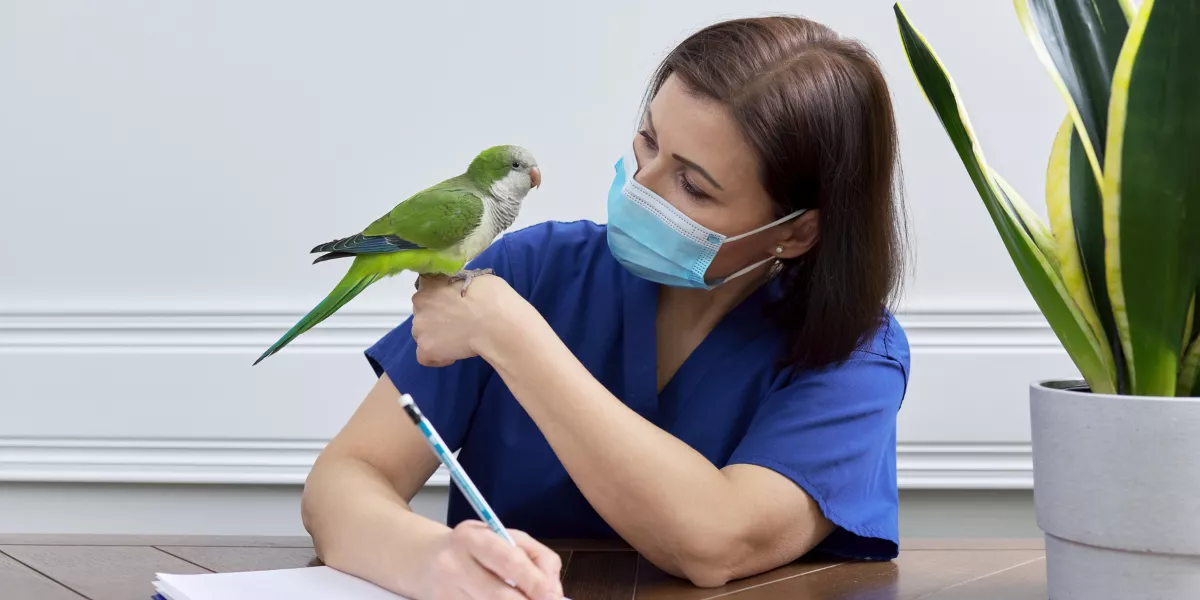
If your pet bird acts differently, like sleeping more, not eating, or becoming aggressive, it could mean they are sick. Watch for changes in their feathers, eyes, or beak, and monitor their eating and drinking habits. If you notice any of these signs, it's crucial to seek veterinary care promptly to prevent a worsening condition or even death. Learn more about keeping your feathered friend healthy by paying attention to their behavior and physical appearance.
Behavioral Changes
If your pet bird starts acting differently than usual, it could be a sign of illness. Birds are creatures of habit, so any sudden changes in behavior should be taken seriously.
One common behavioral change to watch out for is excessive sleeping or lethargy. If your usually active and chirpy bird becomes unusually quiet and spends most of its time sleeping, it might indicate an underlying health issue.
Another red flag is a loss of appetite. Birds are typically enthusiastic eaters, so a sudden decrease in food consumption could signal a problem. Pay attention to any changes in vocalization as well. If your chatty bird suddenly becomes quiet or starts making unusual sounds, it could be trying to communicate distress.
Additionally, keep an eye out for any aggressive behavior towards you or other pets in the house. Aggression out of character for your bird could also be a sign that something is wrong.
Physical Symptoms
Watch out for any visible changes in your pet bird's physical appearance that could indicate illness. Keep an eye on your bird's feathers; if they appear ruffled, unkempt, or if you notice bald patches, it could be a sign of an underlying health issue. Similarly, changes in the color or texture of the feathers may also indicate a problem.
Watch for discharge from your bird's eyes or nostrils, as well as crusty build-up around these areas, which could signal an infection. Swelling or lumps on the body, particularly around the eyes, feet, or joints, should be investigated promptly. Additionally, observe your bird's posture – if it sits fluffed up, with its head tucked under its wing, or if it's having difficulty balancing, there may be an underlying health concern.
Any visible wounds, bleeding, or abnormalities in the beak or claws should also not be ignored. Regularly examining your pet bird's physical condition can help catch potential health issues early on.
Changes in Appetite
Keep an eye on your pet bird's eating habits for any sudden shifts, as changes in appetite can be an early indicator of potential health issues. If your bird suddenly eats significantly more or less than usual, it could signal an underlying problem. A decreased appetite may indicate issues such as infections, parasites, or even liver disease. On the other hand, an increased appetite could point to metabolic disorders or nutritional deficiencies.
It's crucial to monitor not only the amount but also the type of food your bird is consuming. A sudden aversion to certain foods that were previously enjoyed or a preference for only one type of food could be cause for concern. Additionally, changes in drinking habits, such as drinking excessively or not drinking at all, should also be noted and evaluated promptly.
When to Seek Veterinary Care
At the first signs of unusual behavior or symptoms in your pet bird, promptly seek veterinary care. Birds are masters at hiding signs of illness, so any deviation from their normal behavior could be a cause for concern. If you notice changes in eating habits, drinking patterns, vocalizations, or activity levels, it's crucial to contact a veterinarian specializing in avian care. Additionally, any discharge from the eyes, nostrils, or beak, as well as changes in droppings' color, consistency, or frequency, warrant immediate attention.
Birds are delicate creatures, and even minor symptoms can escalate rapidly. Delaying veterinary care could lead to a worsening condition or even death. Remember, prevention is key when it comes to bird health, so don't hesitate to seek professional help at the first sign of trouble.
A qualified avian veterinarian will be able to conduct a thorough examination, provide an accurate diagnosis, and recommend appropriate treatment to help your feathered friend recover swiftly and safely.
Conclusion
If you notice any changes in your pet bird's behavior, physical symptoms, or appetite, it's important to seek veterinary care promptly. Early detection and treatment of illness can greatly improve your bird's chances of recovery and overall health.
Don't hesitate to contact your veterinarian if you have any concerns about your feathered friend's well-being. It's always better to be safe than sorry when it comes to your pet's health.




